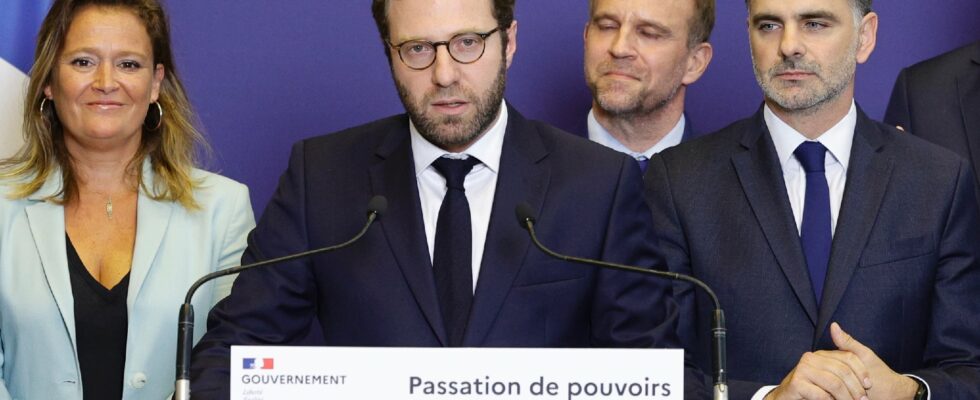No tax increases for the middle and working classes: this is basically what Michel Barnier’s new government is promising, as the 2025 budget presentation approaches, which should take place on October 9. The head of government detailed, on Sunday, September 22, on the set of France 2, what he meant by the “tax justice” that he has been promoting since his appointment. The new tax system will therefore weigh “neither on the poorest people, nor on people who work, nor on the middle classes,” he promised.
Because according to Michel Barnier, there is no point in increasing “further the tax burden on all French people who already pay the most tax of all European partners”. So how does France, known internationally for its particularly developed public services and social benefits, but also for being one of the countries that taxes the most in the world, stand?
The INSEE figures confirm in truth this cliché. According to the National Institute of Statistics, the weight of compulsory deductions — that is to say, taxes (on income, property tax, etc.), social contributions (CSG) and taxes (VAT or fuel tax) paid to the public administration by citizens and businesses — weighs more in France than in any of its neighbors. The same compared to what is the case across the Atlantic. These compulsory deductions thus represented 48% of French GDP in 2022, or around 14 points above the average for OECD countries, which is around 34%. This represents around 1,200 billion euros per year. This money is then redistributed, in particular to finance pensions, which absorb 25% of tax revenues. Elsewhere in Europe, the figures are significantly lower: around 42% in Germany, 38% in Spain or 35% in the United Kingdom. The United States, for its part, fell to 27%.
Soliciting the richest
No tax increase for all middle and lower-income classes, therefore. “Targeted levies” have not been ruled out, however, by Antoine Armand, the new national treasurer, who was handed the keys to Bercy by Bruno Le Maire on Monday 23 September. This strategy was confirmed on Sunday evening by Michel Barnier, who indicated that he “did not rule out the possibility of the wealthiest people participating in the national effort” via “targeted levies” that would also affect “certain large companies”. He also did not rule out an increase in corporate tax for the latter.
It remains to be seen how these possible targeted levies will be implemented, and which tax households will be affected (and in what form). According to the Prime Minister’s promise, nearly 80% of French people would be spared from a tax increase: according to the INSEE inequalities observatoryalmost one in two French people belong to the middle class, while the poorest represent 30% of the population.
The way this promise is shaped could, however, prove more manipulable than expected. According to The Tribune And The Echoesthe government would consider, instead of a tax increase for all French people, a freeze on income tax scales, which would not be reassessed by the amount of inflation, as is the case almost every year. This would result in making a little more French people from the middle and upper classes pay a little more income tax, for a gain of four billion euros. While the deficit could exceed 6% this year, the executive could also propose to Brussels a postponement to 2029 of the return to below 3%, initially planned for 2027.
